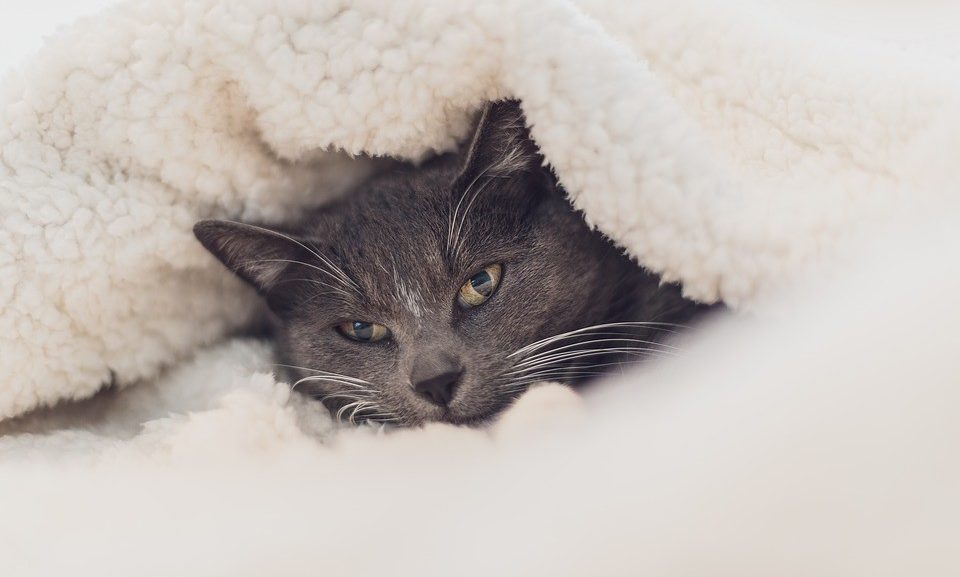
Whether your small pets are indoor or outdoor pets, the changing seasons, and the accompanying shifting temperatures, may mean you have to change up your care routine. Read our handy guide to make sure your pets are comfortable – whatever the weather.
How do small pets regulate their temperature?
Warm-blooded mammals need to maintain a consistent body temperature to remain happy and healthy. Often, we regulate our body temperature through behaviour – like cuddling up to someone warm in the cold, or seeking out shade in the hot sunshine. Few animals have the capability to sweat as much as humans do, so they tend to regulate their temperature through burrowing, panting, seeking shade or warmth, and staying hydrated.
This means when designing or buying a dog kennel, cat kennel, rabbit den or chinchilla kennel for outside, it is essential you provide adequate shelter, shade, insulation, soft bedding, and fresh water.
When is it too hot or cold to leave your small pets outside?
Each animal will have a different tolerance to temperature and it’s important you know what that is for your small pets. For example, a rabbit is most comfortable outside between 50F and 70F, and a chinchilla would be much happier indoors all year round. Most dogs and cats these days spend most of their downtime indoors, but can live completely outside.
That’s a personal call and depends largely on the breed – smaller dogs tend to be much happier indoors. Whatever your decision, you must provide adequate shelter, space, and a warm place to sleep. A Smart-technology enabled smart kennel, rabbit den, dog kennel, or cat kennel could be just the thing to ensure you can set and monitor your pet’s temperature and health status at all times.
Hibernation
It is rare for these domesticated pets to hibernate unless they live in a very cold climate or are situated in a cold spot – near a window or permanently outside. Neither chinchillas, rabbits, guinea pigs, rats nor mice hibernate, although they do need the opportunity to fatten themselves up for winter and keep warm.
It’s always important when caring for small pets to make sure they are comfortable and happy as changes in habitat and environment can affect them quickly – always check with your vet about what kind of habitat is best.
